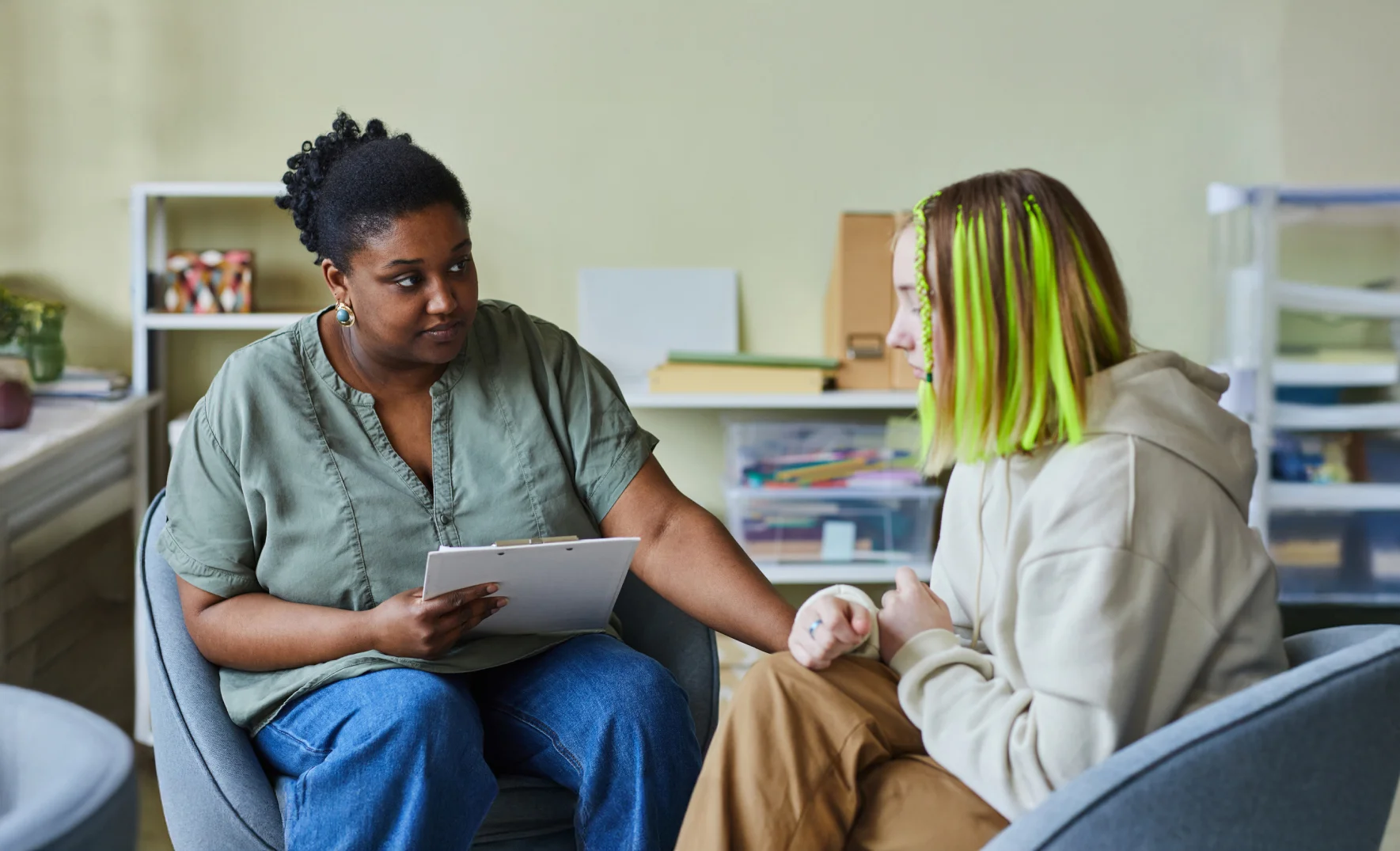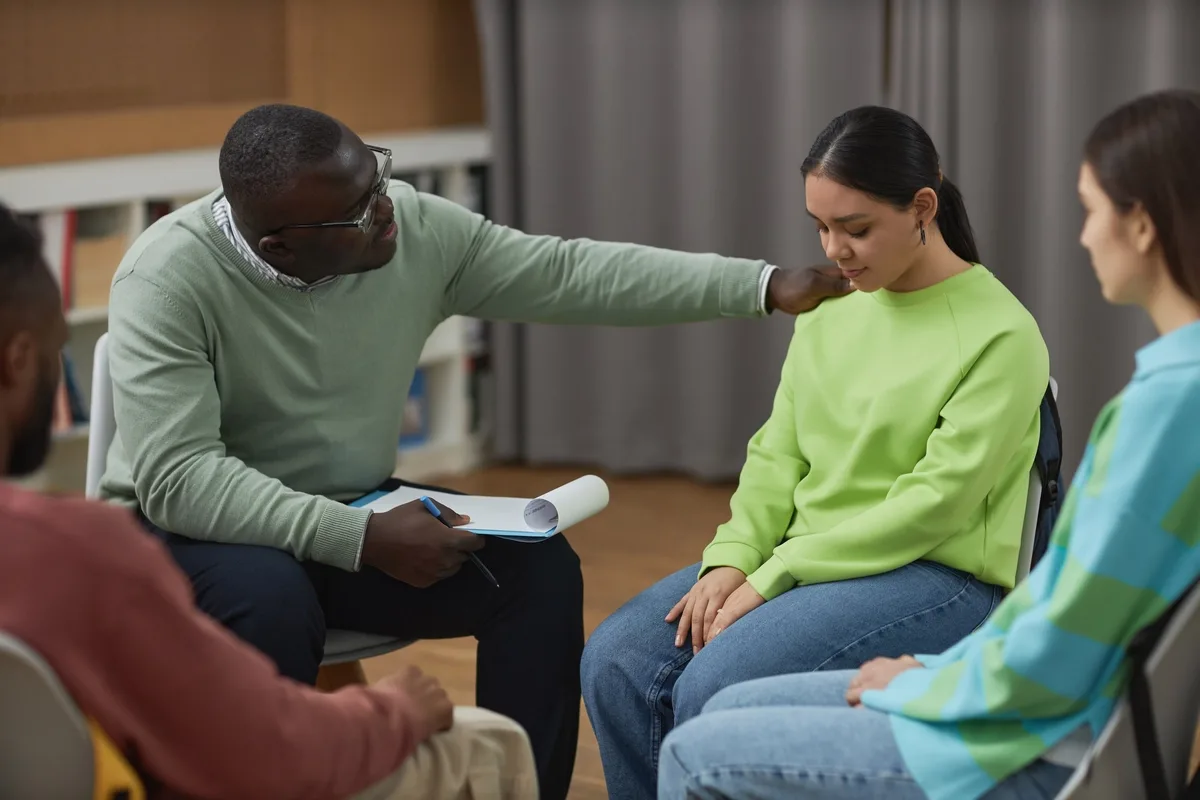24/7 Helpline:
(866) 899-221924/7 Helpline:
(866) 899-2219
Learn more about Klonopin Rehab centers in Blackford County

Other Insurance Options

PHCS Network

Ceridian

Optima

Choice Care Network

Group Health Incorporated

MVP Healthcare

Excellus

Premera

Absolute Total Care

Covered California

UMR

Providence

Private insurance

Self-pay options

Regence

Holman Group

Lucent

Evernorth

American Behavioral

AllWell

Grant Blackford Mental Health – Hester Hollis Concern Center
Grant Blackford Mental Health – Hester Hollis Concern Center is a dual diagnosis behavioral healthca...


















